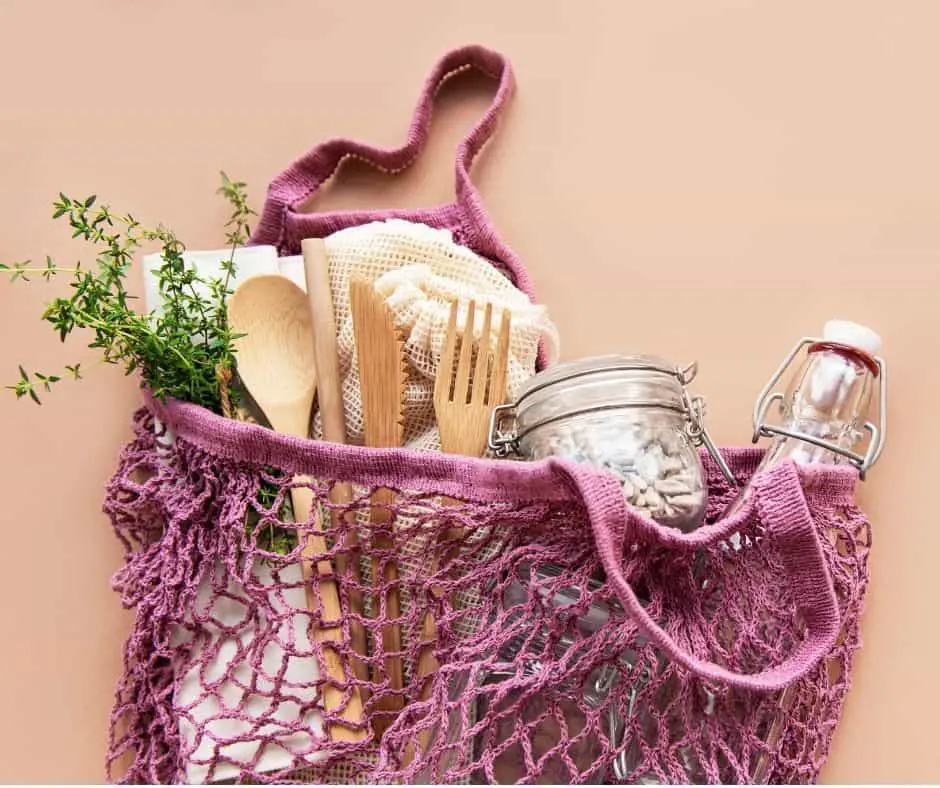There are a few ways to minimize your zero waste load, with the first being to carry less trash and only purchase what you can use.
The average American generates 4.2 pounds of waste a day, but what does that even mean? What exactly is being recycled and how can we be more mindful about our consumerism?
The “zero waste everyday” is a lifestyle that has been around for decades. It’s a way of living where you only use what you need, and dispose of the rest responsibly.
Table of Contents
How do you go zero waste on a budget?
A: There are many ways to go zero waste on a budget. One way is to use cloth bags and reusable containers for food, which can be purchased at most grocery stores. Another way is to buy in bulk and freeze or preserve your leftovers.
How do you go zero waste in a bathroom?
A: It is important to keep your bathroom as clean as possible. If you have a lot of trash in the toilet, it can be very difficult to keep the place clean. You should also try to avoid using too many products and instead use natural alternatives like baking soda and vinegar.
Why we Cannot waste food?
A: The reason why we cannot waste food is because it takes a lot of resources to produce the food that we eat. If we were to let all the food go to waste, then there would be less food for everyone and this could lead to hunger and starvation.
Why is zero waste life possible?
A: Zero waste life is possible because of the following reasons. One, you can reuse and recycle materials that would otherwise be thrown away. Two, you can reduce your consumption of resources by using less products and buying fewer things. Three, you can reduce your environmental impact through a number of methods such as carpooling or bike riding instead of driving cars or taking public transportation. Its an idea that has been around for decades and is currently being practiced by many people around the world.
What are examples biodegradable waste?
A: Biodegradable waste is a type of waste that can be decomposed by biological processes, such as bacteria or fungi. It is typically defined as organic material that will break down into water and carbon dioxide within a short period of time.
How should we handle wastes?
A: There are many ways to handle wastes. One way is to use a garbage can, which you can find in most homes. Another way is to use a compost bin, which you can also find in most homes. You could also use a trash can or recycling bin.
How can I reuse things?
A: There are a few ways to reuse things. One way is to recycle them, which means you take something that has already been used and give it a new purpose. Another way is to donate items to charities or the environment.
How can we manage waste at home?
A: The best way to manage waste at home is to use a compost bin. Compost bins are designed for collecting food scraps and other organic materials, which can then be used as fertilizer in your garden or on your plants.
How can I avoid bringing home plastic packaging from the supermarket some of this plastic is not recyclable through the municipal system?
A: There are many ways to avoid bringing home plastic packaging from the supermarket. One way is to bring a reusable bag with you when you go shopping. Another way is to buy your groceries in bulk, which will reduce the amount of packaging that you have to carry home.
How do we replace plastic in everyday life?
A: There are a few ways to replace plastic in everyday life. One way is to recycle it, which can be done by collecting the plastic and bringing it to a recycling center. Another way is to buy products that are made of recycled materials. A third way is to use reusable cloth bags when shopping.
What is the zero waste movement?
A: The zero waste movement is a growing global social and environmental movement that promotes the redesign of products, services, processes, and institutions so that they are designed to be durable by reusing or recycling materials.
The “zero waste checklist” is a list of things that you can carry with you everyday to reduce your waste.
Watch This Video:
Related Tags
- zero waste essentials
- zero waste bag essentials
- how to go (almost) zero waste
- zero waste home products
- zero waste swaps
